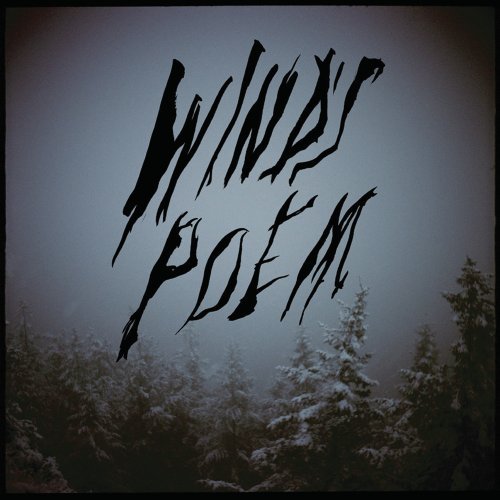
Mount Eerie
Wind's Poem
Release Date: Aug 18, 2009
Genre(s): Indie, Rock, Experimental
Record label: P.W. Elverum & Sun
Music Critic Score
How the Music Critic Score works
Album Review: Wind's Poem by Mount Eerie
Excellent, Based on 8 Critics
Based on rating 9/10
The mainstreaming of extreme metal’s darker strains has occurred through divergent means. Death metal has found embrace by the exploitation of its comic potential, from the sight of Jim Carrey boogying through a crowd at a Cannibal Corpse gig in Ace Ventura: Pet Detective to the ongoing adventures of the animated Dethklok in Adult Swim’s Metalocalypse to nearly everything Brian Eschbach says in the Black Dahlia Murder’s Majesty documentary. The exaggerated violence of death metal was never something to take very seriously, and its marketing has increasingly trended towards the young men (and some women) who connect to the aggressive fantasies the music offers.
Based on rating 9/10
Over his long career, from the K Records days as auteur outsider with the Microphones to his recent solo-geared output as Mount Eerie, Phil Elverum has developed many contiguous lyrical themes. Chief amongst them is the theme of human's relations with nature, and the boundaries of nature and self. He grew up in the shadow of Mt Erie, surrounded by forests and lakes.
Based on rating 8.2/10
At this point, some 13 years after those first Microphones cassettes and eight years since the watershed The Glow, Pt. 2, we tend to know what to expect from Phil Elverum. The production will be cavernous and downright primordial, the instruments resounding as though carved from bone and strung with wool. Natural and elemental imagery will abound.
Based on rating 82%%
Phil Elverum’s series of releases have joyfully ventured into unusual formats (book, instrumental versions of past albums), and now his music takes a dark, beautiful step off the path. Wind’s Poem puts Elverum’s lo-fi folk into the sonic sphere of rattling radiator pipes, low fizz and warm vibrations. His voice is as naïve as ever, yet Wind’s Poem churns like nothing from his past, providing a therapeutic musical massage.
Based on rating 8/10
A title like Wind's Poem suggests fleeting delicacy, but there's far more to these songs than that. If this double-album sprawl really was a poem, it would be more epic than haiku, combining Phil Elverum's musings on erosion and mortality with sounds that touch on ambient black metal, field recordings, and David Lynch soundtracks. Elverum has been fascinated with these motifs for some time -- "I Want Wind to Blow" and "You'll Be in the Air" are two of the finest songs on the Microphones' The Glow, Pt.
Based on rating 8/10
Sometimes this music review business is a tough nut to crack. You get an album and in the interest of time you need to get acquainted with it in a few days and a handful of listens. Sometimes that’s just not enough, especially when faced with something as confounding as Wind’s Poem. Not that I’m surprised.
Based on rating 7.0/10
Phil Elvrum, one of today's more abstract musicians and creative thinkers, has promised his listeners a new Mount Eerie album, but not just any Mount Eerie album. Elvrum is an experimental musician and likes to play around with avant-garde lite, but Wind’s Poem is said to be his “black metal” album. And although the focus is on “mortality and erosion” and the tone is darker, Wind's Poem can more accurately be described as "pop black metal." Elvrum made his name in the minimalist-folk realm, gaining a presence under his earlier band the Microphones.
Opinion: Very Good
The Drums The Drums are two clean-cut guys from Florida, Jonathan Pierce and Jacob Graham, with a guitar, a synthesizer, a drum machine and just enough songs to ride out the rest of the summer. They do a kind of surfy version of New Order, bright and clattery, a minimalist collision of the 1950s and the 1980s. The best thing about the beach is that it’s so giant and uncomplicated — a way of life broken down to water, sun and rocks in various states of distress.

